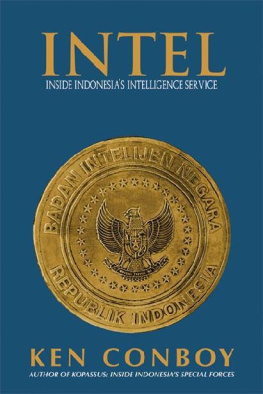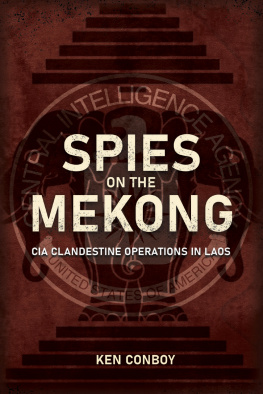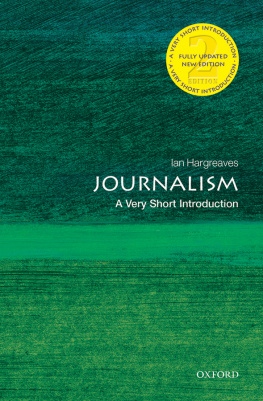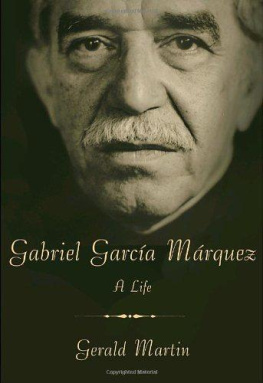How Journalism Uses History
How Journalism Uses History examines the various ways in which journalism uses history and historical sources in order to better understand the relationships between journalists, historians and journalism scholars. It highlights the ambiguous overlap between the role of the historian and that of the journalist, and underlines that there no longer seems to be reason to accept that one begins only where the other ends.
With Journalism Studies as a developing subject area throughout the world, journalism history is becoming a particularly vivacious field. As such, How Journalism Uses History argues that, if historical study of this kind is to achieve its full potential, there needs to be a fuller and more consistent engagement with other academics studying the past: political, social and cultural historians in particular, but also scholars working in politics, sociology, literature and linguistics.
Contributors in this book discuss the core themes which inform historys relationship with journalism from a wide range of geographical and methodological perspectives. They aim to create more ambitious conversations about using journalism both as a source for understanding the past, and for clarifying ideas about its role as constituent of the public sphere in using discourse and tradition to connect contemporary audiences with history.
This book was originally published as a special issue of Journalism Practice.
Martin Conboy is Professor of Journalism History at the University of Sheffield, UK. He is also co-director of the Centre for the Study of Journalism and History based in Sheffield. Research interests include the representation of national identity, popular journalism and celebrity culture. He is the author of six books on the language and history of journalism and is on the editorial boards of Journalism Studies, Media History, Journalism: Theory, Practice and Criticism and Memory Studies. He is also co-editor of the book series Journalism Studies: Key Texts.
Journalism Studies: Theory and Practice
Series editor: Bob Franklin, Cardiff School of Journalism, Media and Cultural Studies, UK
The journal Journalism Studies was established at the turn of the new millennium by Bob Franklin. It was launched in the context of a burgeoning interest in the scholarly study of journalism and an expansive global community of journalism scholars and researchers. The ambition was to provide a forum for the critical discussion and study of journalism as a subject of intellectual inquiry but also an arena of professional practice. Previously, the study of journalism in the UK and much of Europe was a fairly marginal branch of the larger disciplines of media, communication and cultural studies; only a handful of Universities offered degree programmes in the subject. Journalism Studies has flourished and succeeded in providing the intended public space for discussion of research on key issues within the field, to the point where in 2007 a sister journal, Journalism Practice, was launched to enable an enhanced focus on practice-based issues, as well as foregrounding studies of journalism education, training and professional concerns. Both journals are among the leading ranked journals within the field and publish six issues annually, in electronic and print formats. From the outset, the publication of themed issues has been a commitment for both journals. Their purpose is first, to focus on highly significant or neglected areas of the field; second, to facilitate discussion and analysis of important and topical policy issues; and third, to offer readers an especially high quality and closely focused set of essays, analyses and discussions.
The Journalism Studies: Theory and Practice book series draws on a wide range of these themed issues from both journals and thereby extends the critical and public forum provided by them. The Editor of the journals works closely with guest editors to ensure that the books achieve relevance for readers and the highest standards of research rigour and academic excellence. The series makes a significant contribution to the field of journalism studies by inviting distinguished scholars, academics and journalism practitioners to discuss and debate the central concerns within the field. It also reaches a wider readership of scholars, students and practitioners across the social sciences, humanities and communication arts, encouraging them to engage critically with, but also to interrogate, the specialist scholarly studies of journalism which this series provides.
Previously published titles:
Mapping the Magazine
Comparative Studies in Magazine Journalism
Edited by Tim Holmes
The Future of Newspapers
Edited by Bob Franklin
Language and Journalism
Edited by John E. Richardson
The Future of Journalism
Edited by Bob Franklin
New and forthcoming for 2012:
Exploration in Global Media Ethics
Edited by Muhammad Ayish and Shakuntala Rao
Foreign Correspondence
Edited by John Maxwell Hamilton and Regina G. Lawrence
How Journalism Uses History
Edited by Martin Conboy
Lifestyle Journalism
Edited by Folker Hanusch
How Journalism Uses History
Edited by
Martin Conboy
First published 2012
by Routledge
2 Park Square, Milton Park, Abingdon, Oxon, OX14 4RN
Simultaneously published in the USA and Canada
by Routledge
711 Third Avenue, New York, NY 10017
Routledge is an imprint of the Taylor & Francis Group, an informa business
2012 Taylor & Francis
This book is a reproduction of Journalism Practice, volume 5, issue 5. The Publisher requests to those authors who may be citing this book to state, also, the bibliographical details of the special issue on which the book was based.
All rights reserved. No part of this book may be reprinted or reproduced or utilised in any form or by any electronic, mechanical, or other means, now known or hereafter invented, including photocopying and recording, or in any information storage or retrieval system, without permission in writing from the publishers.
Trademark notice: Product or corporate names may be trademarks or registered trademarks, and are used only for identification and explanation without intent to infringe.
British Library Cataloguing in Publication Data
A catalogue record for this book is available from the British Library
ISBN 13: 978-0-415-62290-5
Publishers Note
The publisher would like to make readers aware that the chapters in this book may be referred to as articles as they are identical to the articles published in the special issue. The publisher accepts responsibility for any inconsistencies that may have arisen in the course of preparing this volume for print.
Andrs Caizlez, PhD, is a Professor of Journalism at the Universidad Catlica Andrs Bello in Venezuela, where he is also the co-ordinator of the programme of Freedom of Expression. He has published over a dozen books and many articles regarding journalism and media in Latin America. In 2010 he was awarded the international Titus Brandsma Award for his outstanding academic contributions and commitment to freedom of expression in Latin America.
Martin Conboy is Professor of Journalism History at the University of Sheffield. He is also the co-director of the Centre for the Study of Journalism and History based in Sheffield. His research interests include the representation of national identity, popular journalism and celebrity culture. He is the author of six books on the language and history of journalism and is on the editorial boards of






